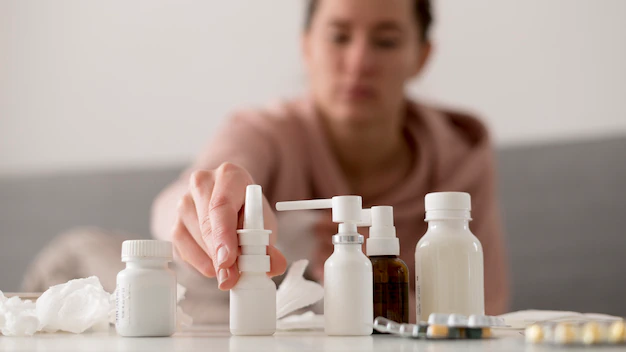Alternative Treatments for Allergies

Allergies are a common condition affecting millions of people worldwide. They occur when the immune system overreacts to a foreign substance, known as an allergen, that is typically harmless to most individuals. Symptoms of allergies can range from mild, such as sneezing and itching, to severe, such as anaphylaxis.
While traditional treatment options such as antihistamines and corticosteroids are effective in managing allergy symptoms, some people prefer to explore alternative therapies. Here are some alternative treatments for allergies:
- Acupuncture: Acupuncture is an ancient Chinese therapy that involves the insertion of thin needles into specific points on the body. It is believed to balance the body’s energy and improve overall health. Studies have shown that acupuncture may help relieve allergy symptoms, particularly hay fever.
- Herbal remedies: Various herbs, such as butterbur and stinging nettle, have been used for centuries to treat allergy symptoms. Butterbur has been shown to be effective in reducing symptoms of hay fever, while stinging nettle may help reduce inflammation.
- Probiotics: Probiotics are live microorganisms that can provide numerous health benefits, including improving gut health and reducing inflammation. Research has shown that probiotics may also help reduce allergy symptoms, particularly in children.
- Nasal irrigation: Nasal irrigation involves flushing the nasal passages with a saline solution to remove allergens and other irritants. It may help reduce congestion and other allergy symptoms.
- Homeopathy: Homeopathy is a form of alternative medicine that uses highly diluted substances to stimulate the body’s natural healing processes. While there is limited scientific evidence to support its effectiveness, some people have reported relief from allergy symptoms with homeopathic treatments.
It’s important to note that while these alternative treatments may be helpful for some people, they should not be used as a substitute for traditional medical treatment. It’s always important to consult with a healthcare provider before trying any new therapy, especially if you have a severe allergy or are taking medication for other health conditions.
